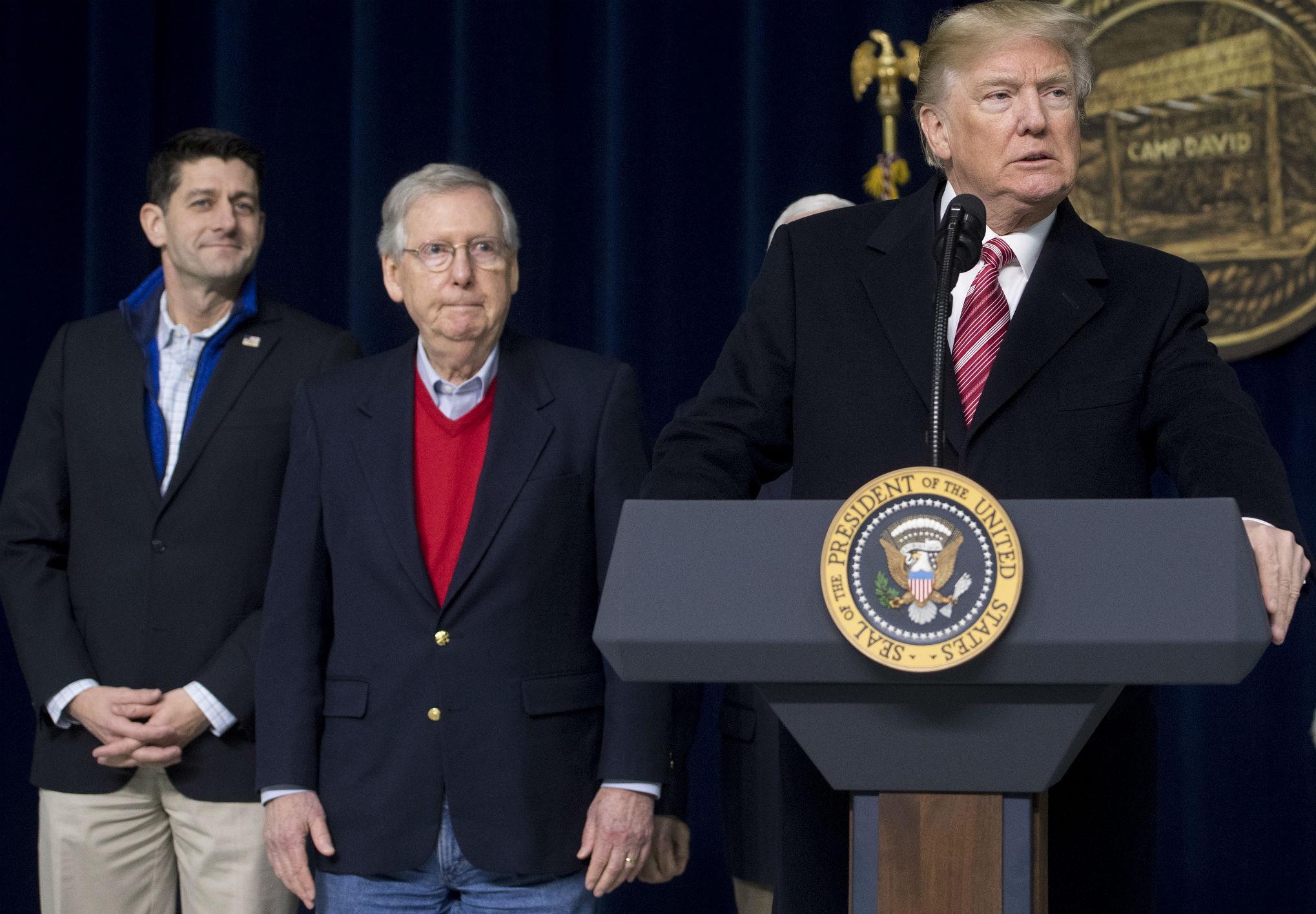Government shutdown explained: What would happen if it went ahead, and why is it even a possibility?
There have been 18 government shutdowns since 1976

Your support helps us to tell the story
From reproductive rights to climate change to Big Tech, The Independent is on the ground when the story is developing. Whether it's investigating the financials of Elon Musk's pro-Trump PAC or producing our latest documentary, 'The A Word', which shines a light on the American women fighting for reproductive rights, we know how important it is to parse out the facts from the messaging.
At such a critical moment in US history, we need reporters on the ground. Your donation allows us to keep sending journalists to speak to both sides of the story.
The Independent is trusted by Americans across the entire political spectrum. And unlike many other quality news outlets, we choose not to lock Americans out of our reporting and analysis with paywalls. We believe quality journalism should be available to everyone, paid for by those who can afford it.
Your support makes all the difference.Government funding may run out at midnight on Friday unless both chambers of Congress pass a spending bill and President Donald Trump signs it into law.
There have been 18 government shutdowns since 1976 that have occurred under both Republican and Democratic presidents, according to the Congressional Research Service. There may soon be a 19th.
What is a government shutdown?
A government shutdown is the closure of nonessential offices of the government because federal funding has expired and Congress has not approved a new spending bill.
Why is a shutdown possible?
Republican leadership appears to still not have enough support to pass a short-term spending bill to keep the government open.
Democrats have signalled they are unwilling to vote for the measure unless they receive assurances that an agreement on immigration can be reached.
Additionally, more members of Congress have said they’re opposed because they are tired of passing short-term measures instead of focusing on a longer-term spending bill.
How may a shutdown affect people?
More than 800,000 federal workers would be furloughed during a shutdown. But employees deemed ‘essential’, such as those in law enforcement, would remain on the job.
National parks and the Smithsonian museums would also be closed to visitors. But during some past shutdowns, some states have paid to keep their national parks open.
People may also have a hard time getting a passport. The State Department's passport services are funded partially by fees, meaning they are not completely dependent on Congress for money. So they may be able to continue issuing passports for a short time.
How may a shutdown affect the military?
Unless Congress intervenes, active military personnel and veterans would not be paid.
Mr Trump tweeted that “our rapidly rebuilding Military” would be the “biggest loser” in a government shutdown.
But the military gets paid on the 1st and 15th of every month. This means the troops would not suffer from a lapse in pay unless the shutdown lasts until the beginning of February or longer.
How would a shutdown not affect people?
Travel is unlikely to be affected. Airports are expected to remain open and air traffic controllers and Transportation Security Administration officials would stay on the job. Travelling by train would also remain possible. Even though Amtrak depends on federal subsidies, revenue from ticket sales could keep the company going through a shutdown.
People would continue to get their mail and Social Security benefits.
Join our commenting forum
Join thought-provoking conversations, follow other Independent readers and see their replies
Comments